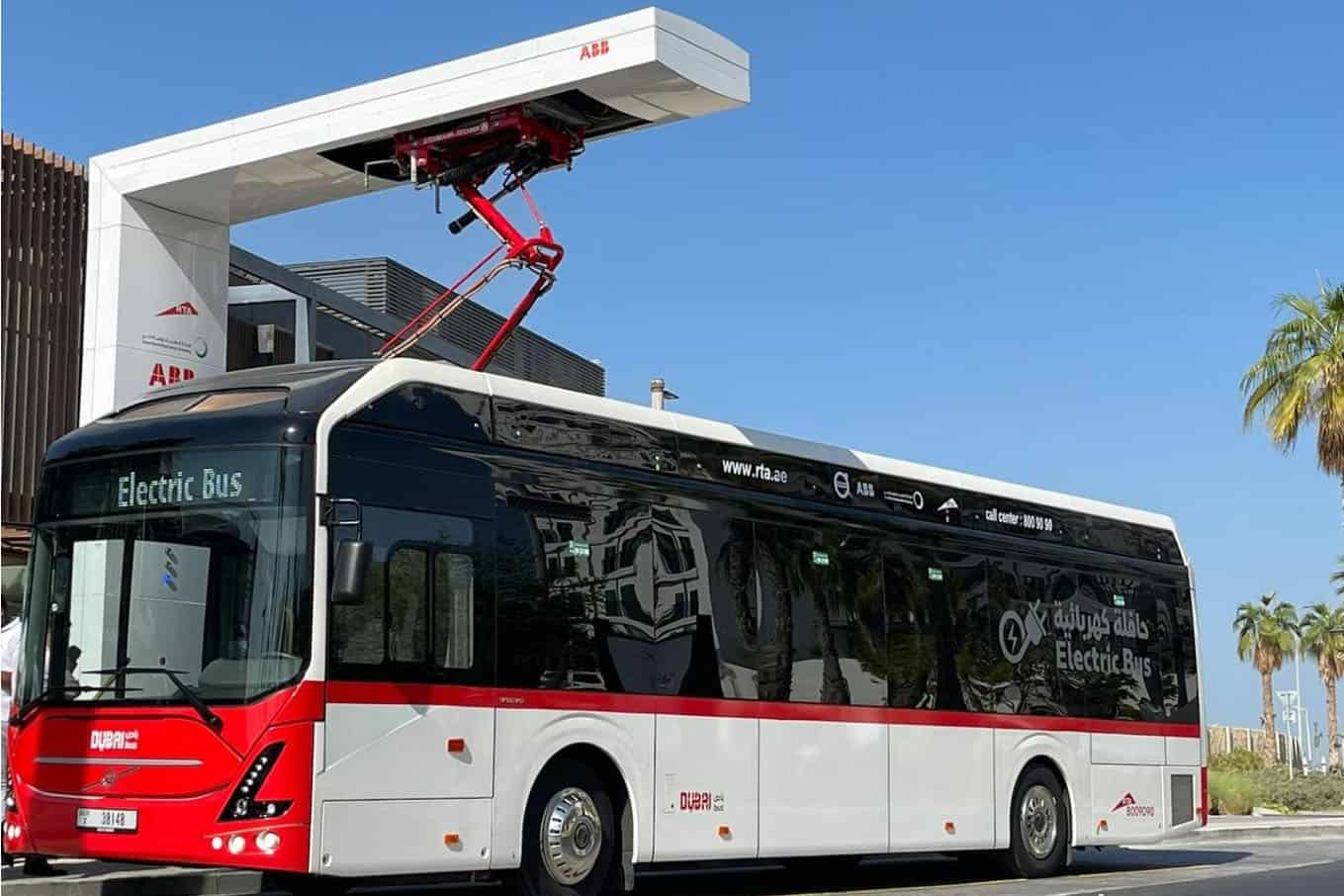Director-General and Chairman of the Board of Executive Directors of the Roads and Transport Authority Mattar Al Tayer said that RTA had achieved the targeted energy efficiency performance indicators 2021 and reduced total energy consumption.
He said that RTA had reduced the use of total energy in all operations and projects by 18 percent when compared with the average consumption from 2016 to 2019.
It also managed to reduce the total emissions by 13 percent and energy costs by 10 percent during the same period.
“Sustainability is a key pillar of RTA’s strategic goals and objectives, and the concept of sustainability has become deeply rooted in RTA’s corporate performance. Protecting the environment, optimizing the use of energy, reducing carbon emissions, and ensuring assets sustainability have become priorities,” Al Tayer said.
“RTA has a well-defined roadmap that aims to achieve zero-emission from public transport in Dubai by 2050. In the process, RTA is becoming the first government entity in the Middle East and North Africa to develop an integrated roadmap targeting public transport and its infrastructure,” he added.
“As compared to the average in the years from 2016 to 2019, RTA Energy Analysis Report 2021 showed a decrease in the total energy consumption by 18 percent, and gasoline consumption by 36 percent,” Al Tayer said.
“This drop is attributed to the increased use of hybrid and electric taxis by Dubai Taxi Corporation, along with a 15 percent decrease in diesel consumption, despite an increase in the public bus fleet,” he said.
“RTA has carried out a process to upgrade its old fleet of buses to replace them with modern buses equipped with eco-friendly Euro 6 engines compatible with the European specifications for carbon emissions,” he added.
“The report also indicated an increase in electricity consumption by 11 percent, as a result of the operation of the 15-kilometer Dubai Metro Route 2020, which includes seven stations,” Al Tayer said.
.
“RTA has accomplished over 95 percent of green economy initiatives and projects, and future directions are guided by a range of factors, including soft and shared mobility, sustainable transport, circular economy, self-driving vehicles for passengers and goods, and developing services based on customer needs and future skills,” he said.
The year 2021 saw the official operation of the Dubai Metro Route 2020 Project, which serves densely populated districts inhabited by 270,000 inhabitants .
The path of the route was based on several perimeters namely the anticipated number of riders in each station, commercial activities around, and the link with other public transit means at each station such as buses, which contributes to Dubai’s sustainable growth.
The year also saw the completion of numerous road and bridge projects, highlighted by constructing roads spanning 138 lane-kilometers with nine flyovers to serve Expo 2020 Dubai.

